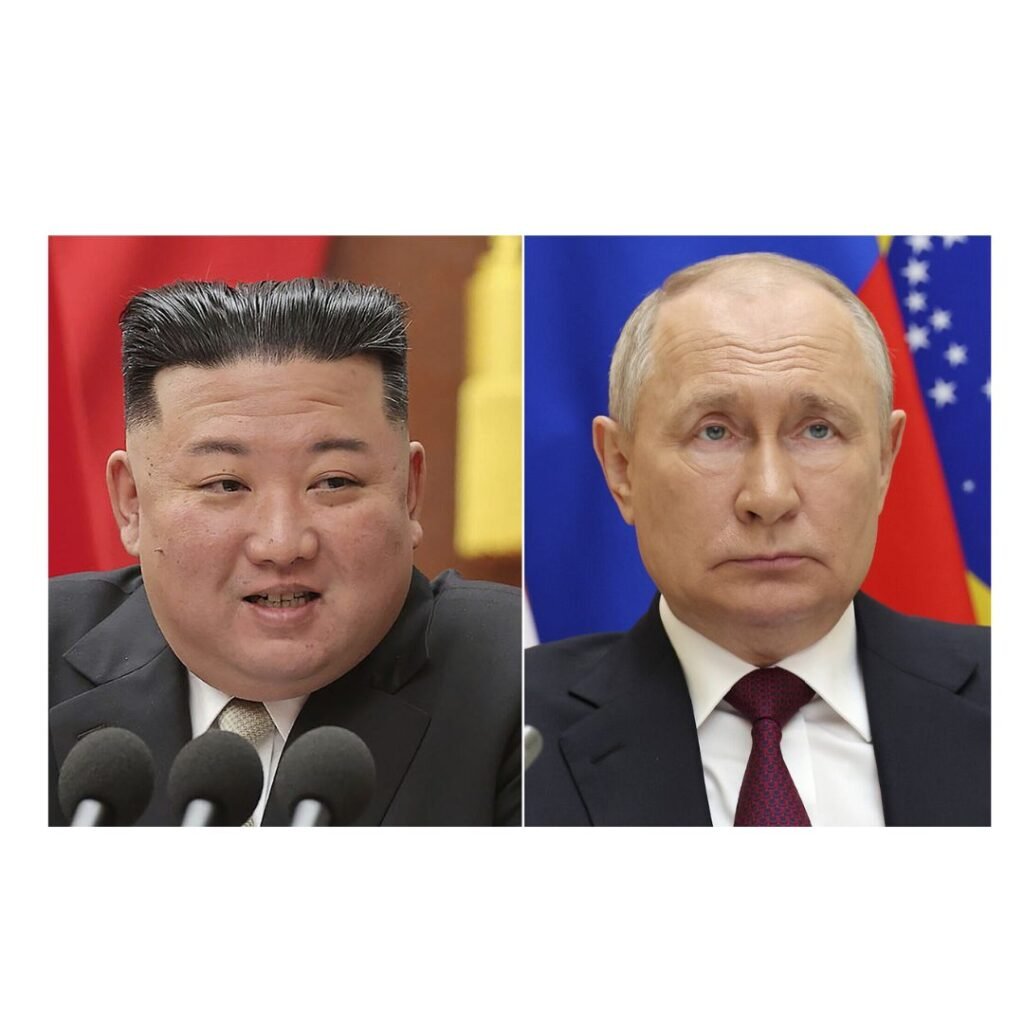
The recent security deal between Russia and North Korea has sparked significant interest and speculation regarding the future of their bilateral relations. By delving into the implications of this deal, we can better understand how it will influence “Russia North Korea relations,” “Putin Russia North Korea,” and the broader geopolitical landscape.
Historical Overview of Russia North Korea Relations
Cold War Allies
During the Cold War, Russia (then the Soviet Union) and North Korea shared a close alliance characterized by military and economic cooperation. This relationship provided North Korea with the support it needed to build its military capabilities and sustain its economy.
Post-Soviet Shifts
The dissolution of the Soviet Union led to a cooling of relations as Russia sought to realign its foreign policy priorities. The 1990s and early 2000s saw a significant reduction in Russian support for North Korea, as Moscow pursued closer ties with South Korea and the West.
Revival Under Putin
In recent years, Russian President Vladimir Putin has sought to rekindle the relationship with North Korea, driven by strategic considerations and mutual interests in counterbalancing Western influence.
The Recent Security Deal: A Turning Point
Key Components of the Deal
The security deal between Russia and North Korea includes a range of military and economic agreements designed to strengthen bilateral ties. These agreements reportedly involve:
- Military Cooperation: Enhanced collaboration on defense initiatives, including joint exercises and arms sales.
- Economic Support: Increased trade and investment, particularly in sectors like energy and infrastructure.
- Diplomatic Alignment: Closer coordination on international issues, particularly in the United Nations.
Strategic Motivations
Russia’s Objectives
- Geopolitical Leverage: Strengthening ties with North Korea provides Russia with additional leverage in its confrontation with the West.
- Military Influence: By formalizing arms trade and military cooperation, Russia aims to increase its influence over North Korea’s military capabilities.
- Economic Interests: Expanding economic ties with North Korea opens new avenues for Russian businesses, particularly in resource-rich sectors.
North Korea’s Objectives
- Military Enhancement: Access to Russian military technology and expertise can significantly bolster North Korea’s defense capabilities.
- Economic Benefits: Russian investment and trade can provide a much-needed boost to North Korea’s struggling economy.
- Diplomatic Backing: Aligning with Russia strengthens North Korea’s position in international forums, providing a counterbalance to Western pressure.
Potential Friction and Synergies
Impact on China
The security deal has the potential to create friction with China, North Korea’s primary ally. While China has supported North Korea economically and diplomatically, it has been cautious about Pyongyang’s military ambitions. The new deal could disrupt this delicate balance, leading to increased tensions between China and Russia.
Regional Dynamics
The deal also has implications for regional stability. Increased military cooperation between Russia and North Korea could heighten tensions with South Korea and Japan, both key US allies in the region.
Global Reactions
United States
The US has expressed concerns about the potential for increased military tensions in East Asia. American officials worry that the deal could embolden North Korea, making it more resistant to international pressure regarding its nuclear program.
European Union
European nations have also voiced apprehensions about the deal, fearing that it could destabilize the region and complicate efforts to manage North Korea’s military ambitions.
Future Prospects: How Well Will Relations Improve?
Strengthened Alliance
The security deal is likely to result in a strengthened alliance between Russia and North Korea. The formalization of military and economic ties will deepen their partnership, providing both nations with strategic advantages.
Long-term Stability
However, the long-term stability of this relationship will depend on various factors, including the response of other regional powers and the ability of both nations to navigate potential friction points, particularly with China.
Geopolitical Implications
The evolving Russia-North Korea relationship will have significant implications for global geopolitics. As both nations seek to counterbalance Western influence, their alliance will play a crucial role in shaping the future of international relations in East Asia and beyond.
Conclusion
The Russia-North Korea security deal marks a pivotal moment in their bilateral relations, with far-reaching implications for regional and global geopolitics. By enhancing military and economic cooperation, both nations stand to gain strategically. However, the success of this alliance will depend on their ability to manage potential friction points and navigate the complex dynamics of international relations. With “Russia North Korea relations,” “Putin Russia North Korea,” “Russia North Korea defense deal,” and potential impacts on G7 nations as focal points, the world will be closely watching how this partnership evolves. The G7’s stance on this alliance will be crucial in shaping future geopolitical strategies and responses.